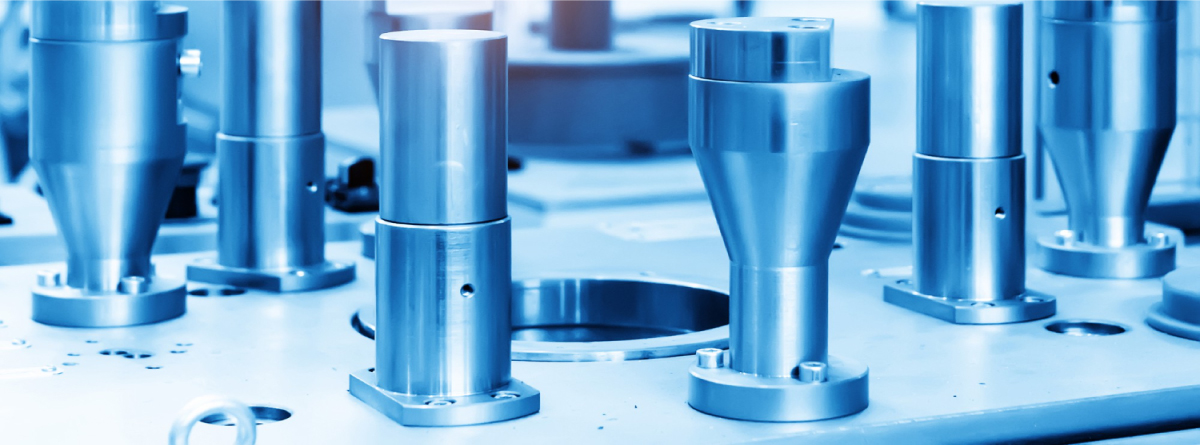Precision Engineering: Explained by the experts

What is precision engineering?
Precision engineering is best described as an advanced subdivision of various engineering fields, such as electrical, software and mechanical. It includes the design and manufacturing processes of fixtures within these industries and refers to the exact design of specific parts to ensure the integrity of the overall project. The main aim of this form of engineering is to improve machine performance, reliability and safety.
As a result, using professional precision engineering experts for your project is essential. This engineering guarantees that parts are manufactured to exact specifications for the best possible fit and functioning.
Precision engineering involves:
General Engineering
Skilled professionals in the precision engineering field can assist with general engineering efforts to improve its efficiency. This is done by designing and manufacturing a range of unique parts and components that may be necessary.
Toolmaking
Toolmaking requires precision engineering for the most accurate outcome. This process is suitable for making tools for various applications to create a suitable solution for existing and custom machinery.
Press Work
Precision engineering utilises press machinery within its process. This machinery specialises in shaping metal sheets into a range of valuable and working parts and components without creating surplus waste. Press machines can be used to shape metal sheets into an assortment of sizes.
CNC and Conventional Milling
Companies specialising in precision engineering often have access to 3rd and 4th axis CNC milling machines and conventional machinery to offer their clients the highest quality services and products. These machines also allow for minimised production times.
CNC and Conventional Turning
Precision engineering specialists have access to top of the range CNC turning and conventional turning machines. This allows them to manufacture high-quality precision components specifically designed and produced to your unique needs.
Depending on your requirements and the intended use, precision parts can be manufactured with various materials. Some of the most common materials used in precision engineering production are steel, mild steel, tool steel, titanium and plastics. Non-ferrous metals are also used.
Whether you have a small, medium or large precision engineering project underway, enquiring with professionals in this industry is the best solution. Doing so will ensure that your unique requirements are met with quality, reliable parts that will lead your project to success.
